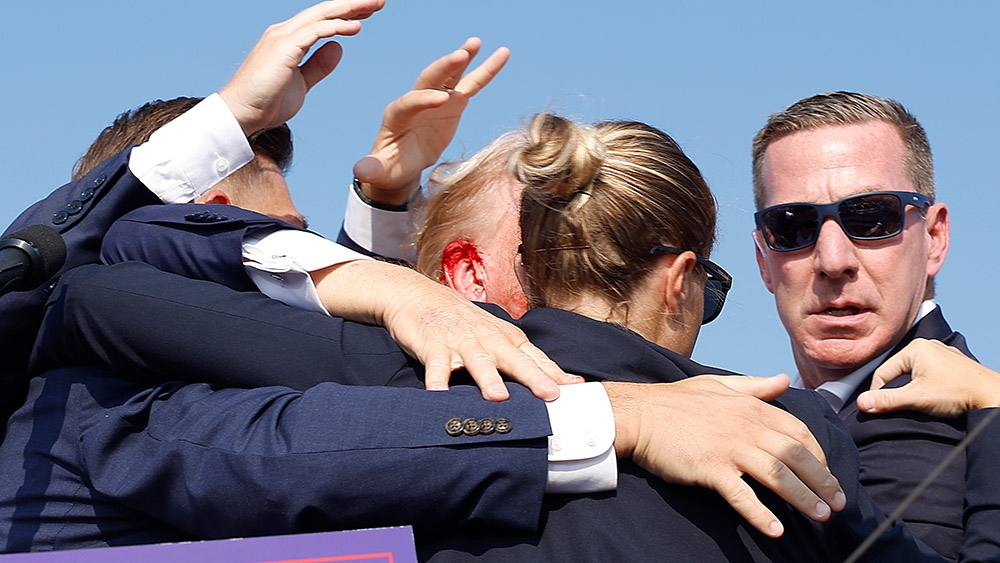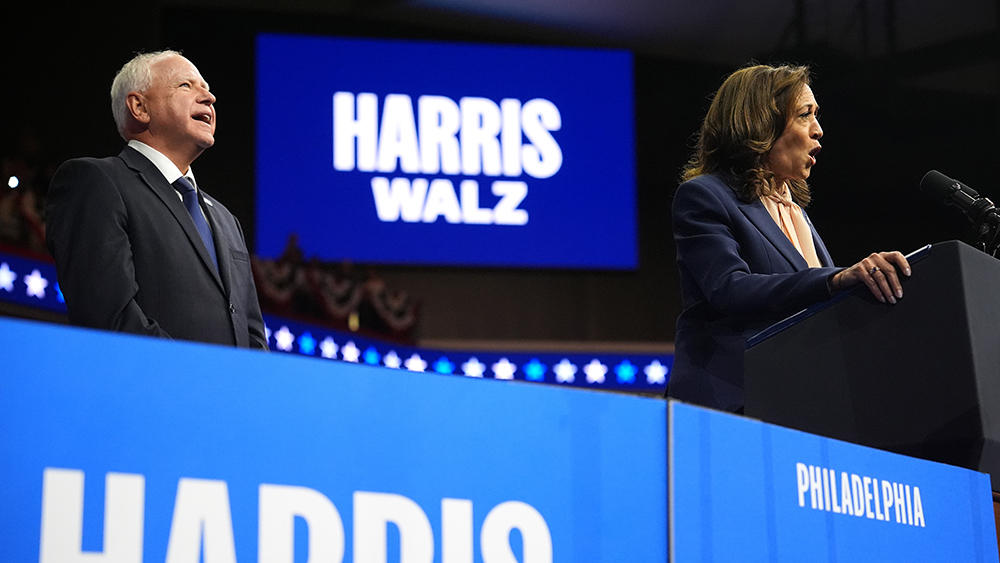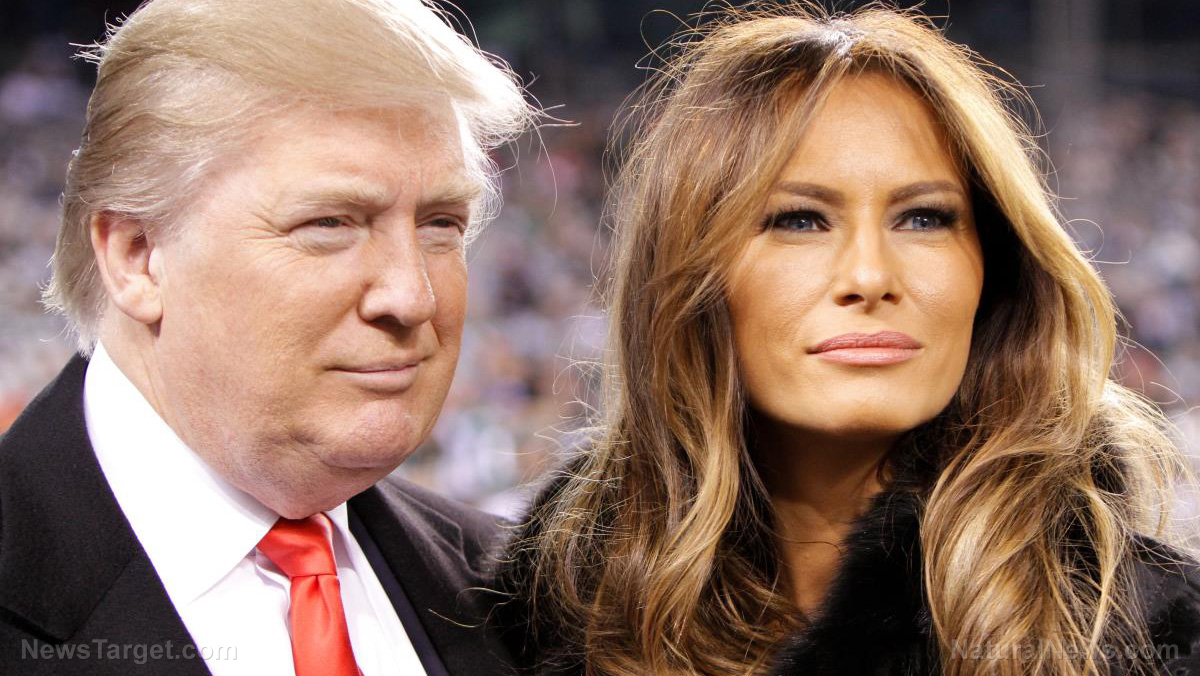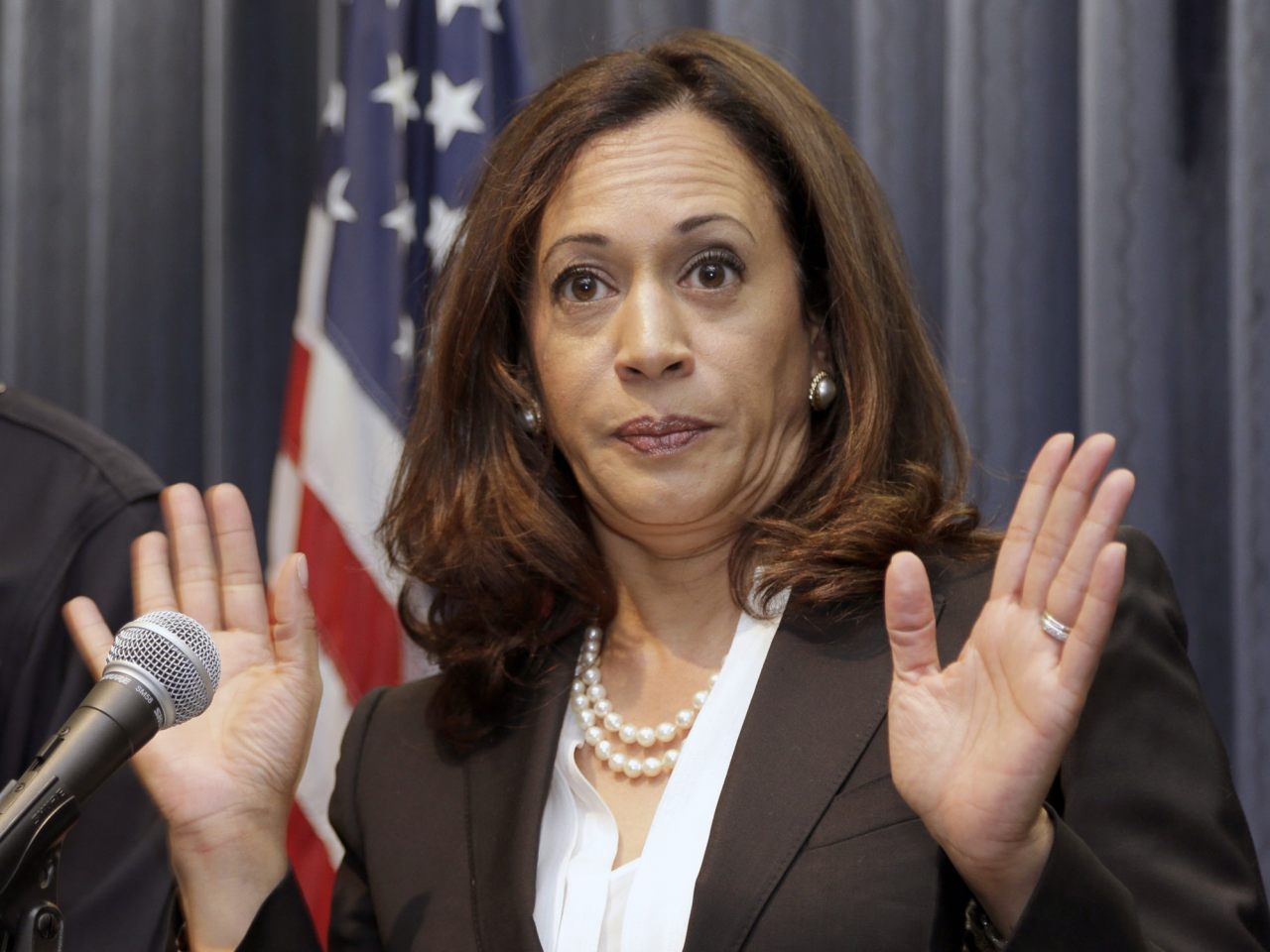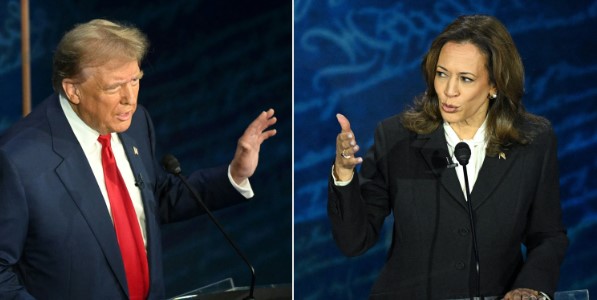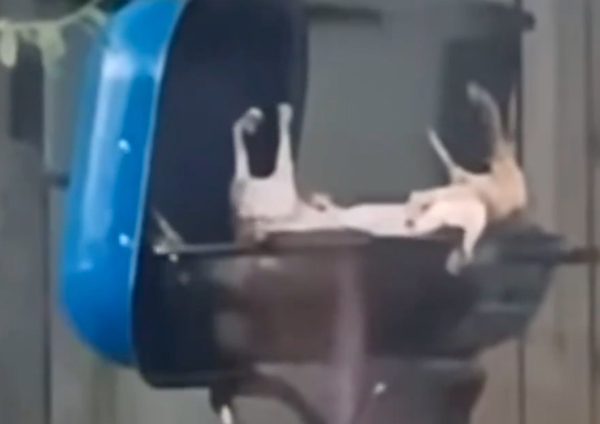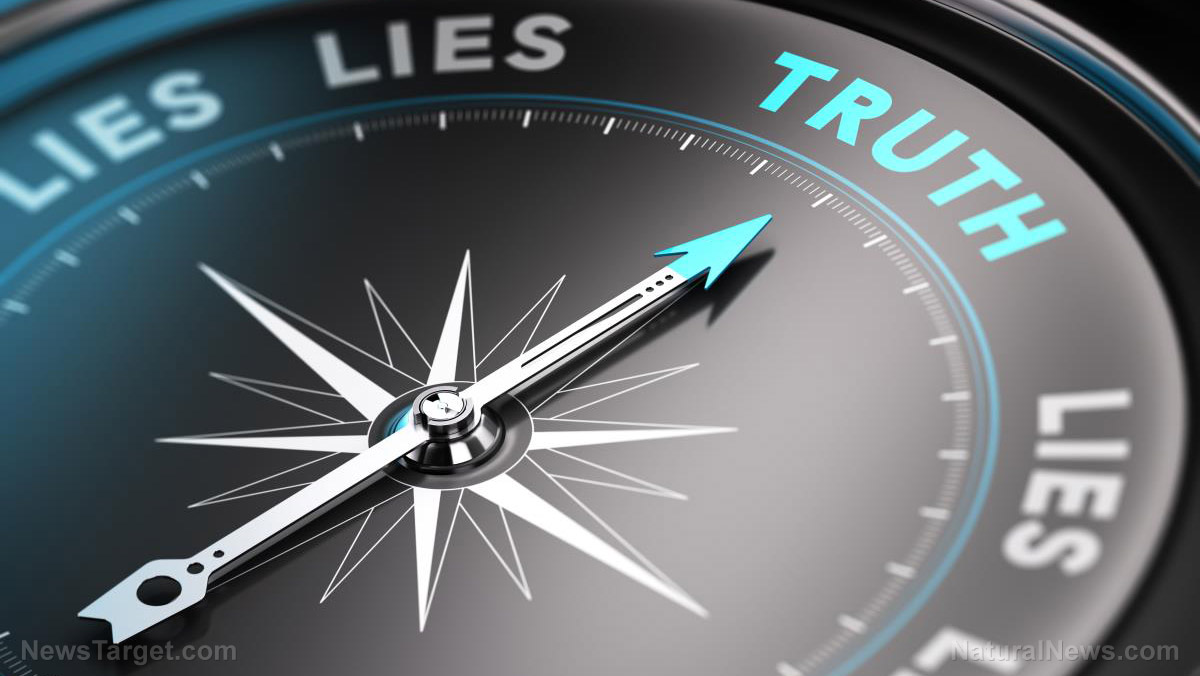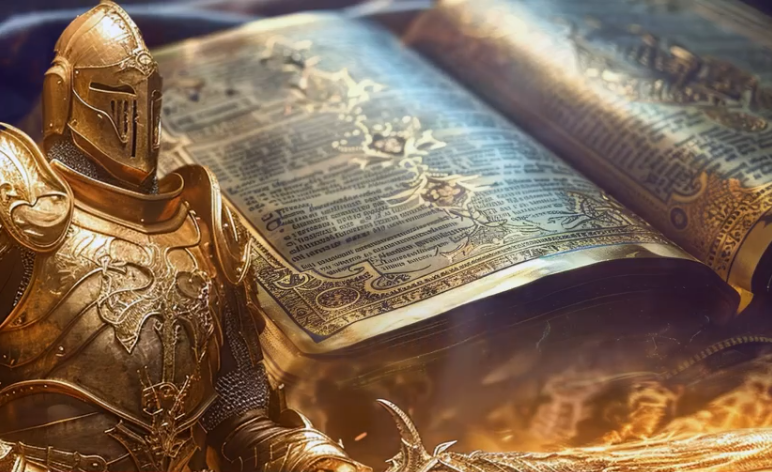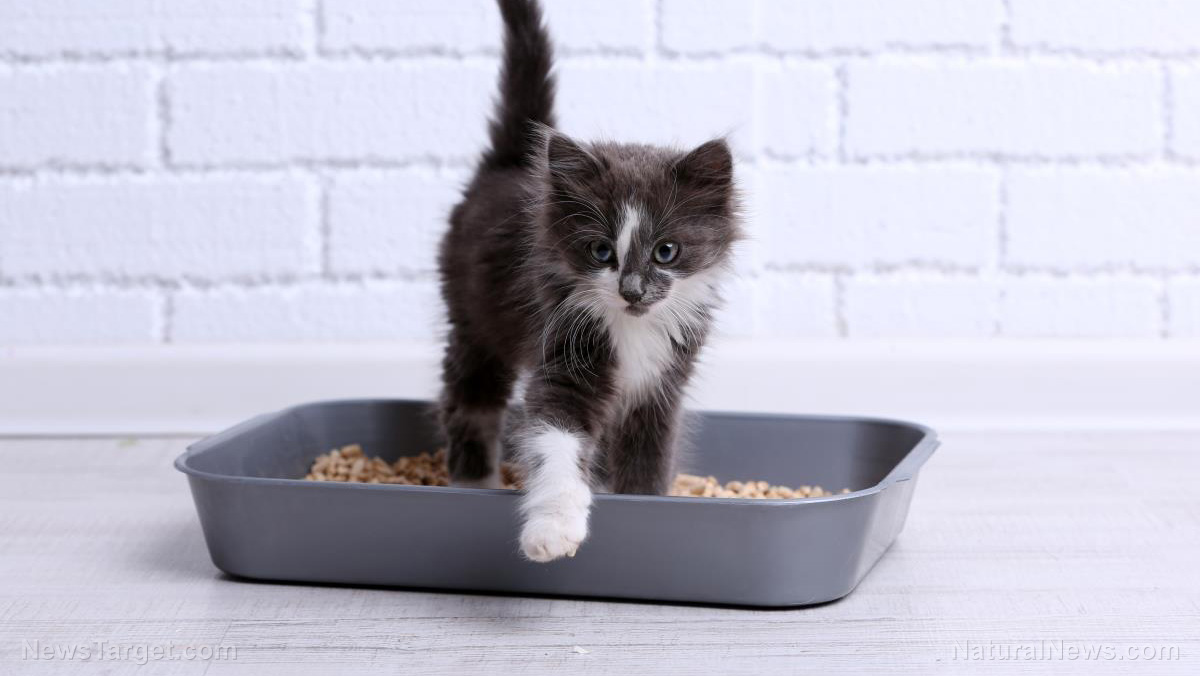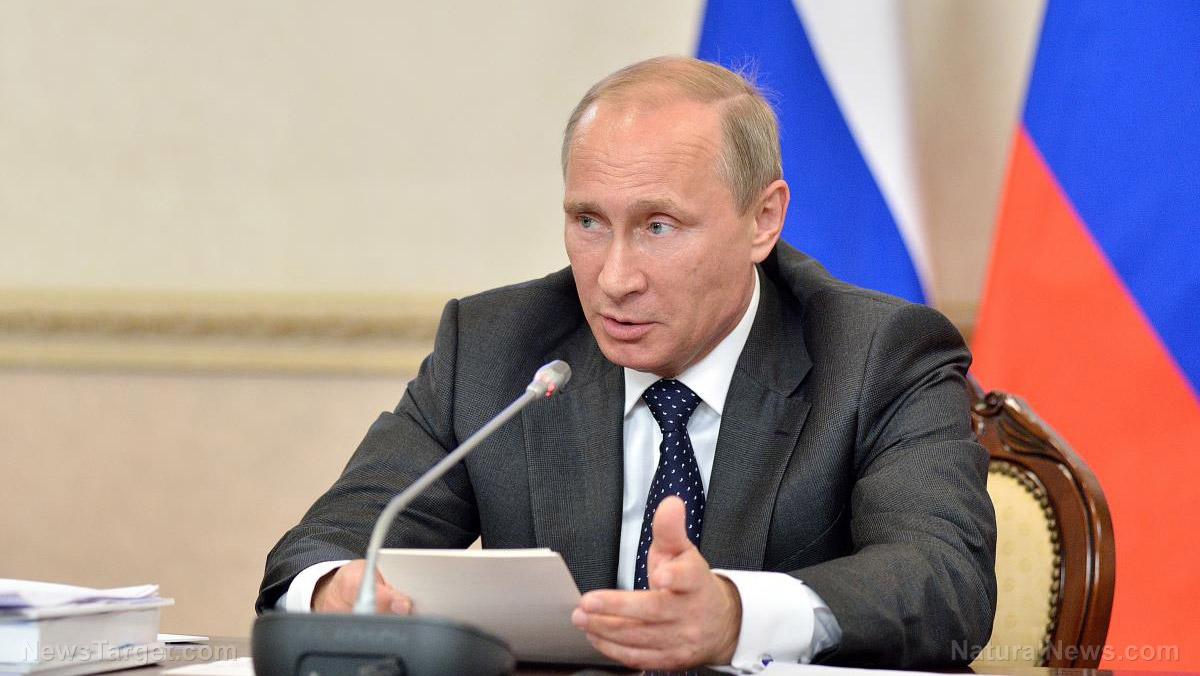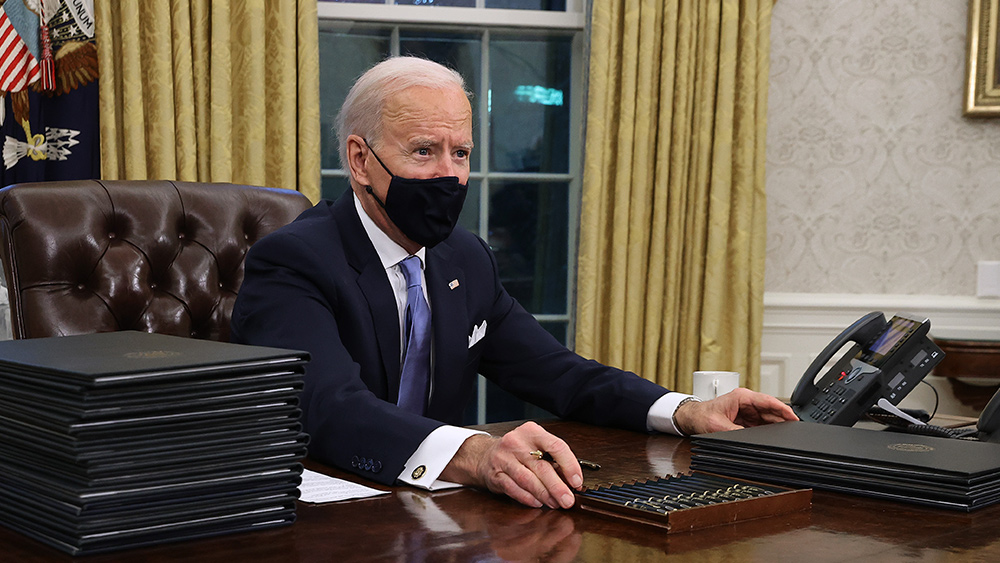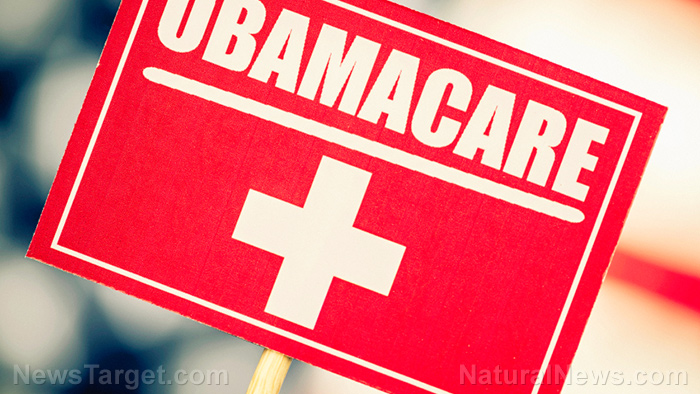Ukraine and Poland continue to disagree over Volhynia genocide where Ukrainians murdered at least 120K ethnic Poles
09/18/2024 / By Zoey Sky
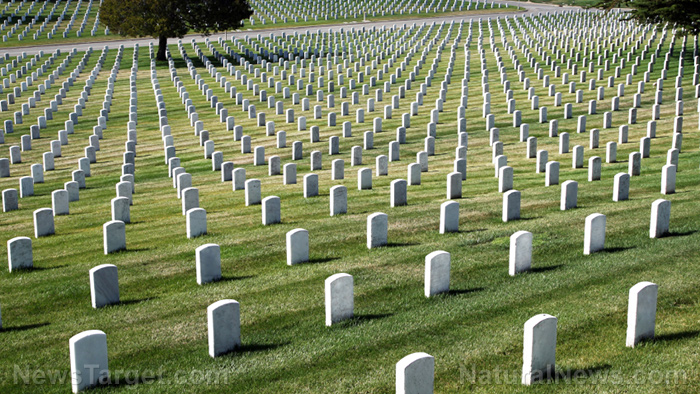
The World War II-era Volhynia genocide continues to be a source of tension between Poland and Ukraine despite the Polish government’s strong support for the Ukrainians in their current conflict with Russia.
From 1943 to 1945, Ukrainian Insurgent Army (UPA) and the ultra-nationalist Organization of Ukrainian Nationalists (OUN) murdered at least 120,000 ethnic Poles. Most of the casualties were women and children.
The slaughter was set in motion in then-German-occupied eastern Poland, a territory owned by modern-day Ukraine because of Soviet-orchestrated land transfers.
Many of the killers were ordinary Ukrainians armed with agricultural implements who used the German occupation as an excuse to ethnically cleanse the area ahead of its incorporation into an independent Ukrainian nation-state.
The Ukrainian government continues to deny that the Polish massacres were acts of genocide.
Dmytro Kuleba, Ukraine’s Foreign Minister, was hesitant when asked whether Ukraine would defer to recent Polish requests for the exhumation of Polish massacre victims. He suggested that Kyiv and Warsaw should agree to disagree on the subject of genocide, adding that the matter is something that historians should discuss.
Poland to block Ukraine from joining EU and NATO if Ukrainian crimes remain unaddressed
Polish government ministers have advised that Poland will not agree to Ukraine joining the European Union (EU) if the Ukrainian crimes remain unaddressed. Poland also has the power to veto Ukrainian accession to the North Atlantic Treaty Organization (NATO).
Polish Foreign Minister Radoslaw Sikorski warned that “Poland will decide to close the next chapters of Ukraine’s negotiations with the EU, so it is better for Ukraine to settle this matter as soon as possible.” (Related: Former Israeli ombudsman warns of IMMINENT COLLAPSE if conflict with Palestinian and Lebanese groups continues.)
The Volhynia genocide took place in disputed territories in the regions of Volhynia and Eastern Galicia in modern-day western Ukraine and southeastern Poland.
Polish President Andrzej Duda highlighted the importance of admitting the truth behind the difficult situation. Duda added that the issue is “particularly important” amid the ongoing full-scale Russian conflict against Ukraine that has been going on for over two years, where “the future of the country” and the region and “the whole of Europe is being decided.”
“Therefore, let memory and truth, for Poles and Ukrainians, be the foundation on which we build the future of our nations,” concluded Duda.
The Volhynia genocide was carried out primarily by the UPA and the OUN. Considered an attempt to prevent the future post-war Polish state from staking claims to areas with majority Ukrainian populations, the tragic killing of Poles started on July 11, 1943, with the Kisielin massacre.
The main difference in approach between Polish and Ukrainian historians hinges on the terminology used to describe and evaluate the Volhynia genocide.
Some Ukrainian historians consider these events as simply a stage in the “second Polish-Ukrainian war of 1942 to 1947.” Other moderate Ukrainian researchers use the term “Volhynian tragedy.”
Visit WWIII.news to read more stories like this.
Watch the video below of “The Breanna Morello Show” discussing how Poland defended its borders from invaders following the death of a soldier.
This video is from the MyPodcastDropped2320 channel on Brighteon.com.
More related stories:
Sources include:
Submit a correction >>
Tagged Under:
Andrzej Duda, big government, Dmytro Kuleba, ethnic cleansing, evil, genocide, Hidden History, insanity, Nazi Germany, Organization of Ukrainian Nationalists, OUN, Poland, real history, terrorism, truth, Twisted, Ukraine, Ukrainian Insurgent Army, UPA, violence, Volhynia genocide, WWII
This article may contain statements that reflect the opinion of the author
RECENT NEWS & ARTICLES
COPYRIGHT © 2017 PENSIONS NEWS

